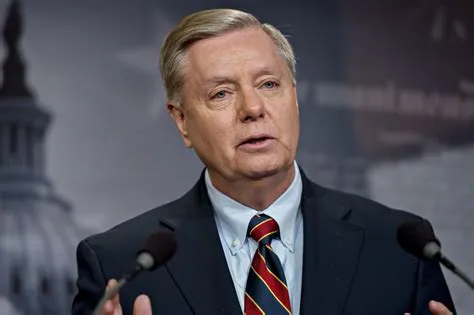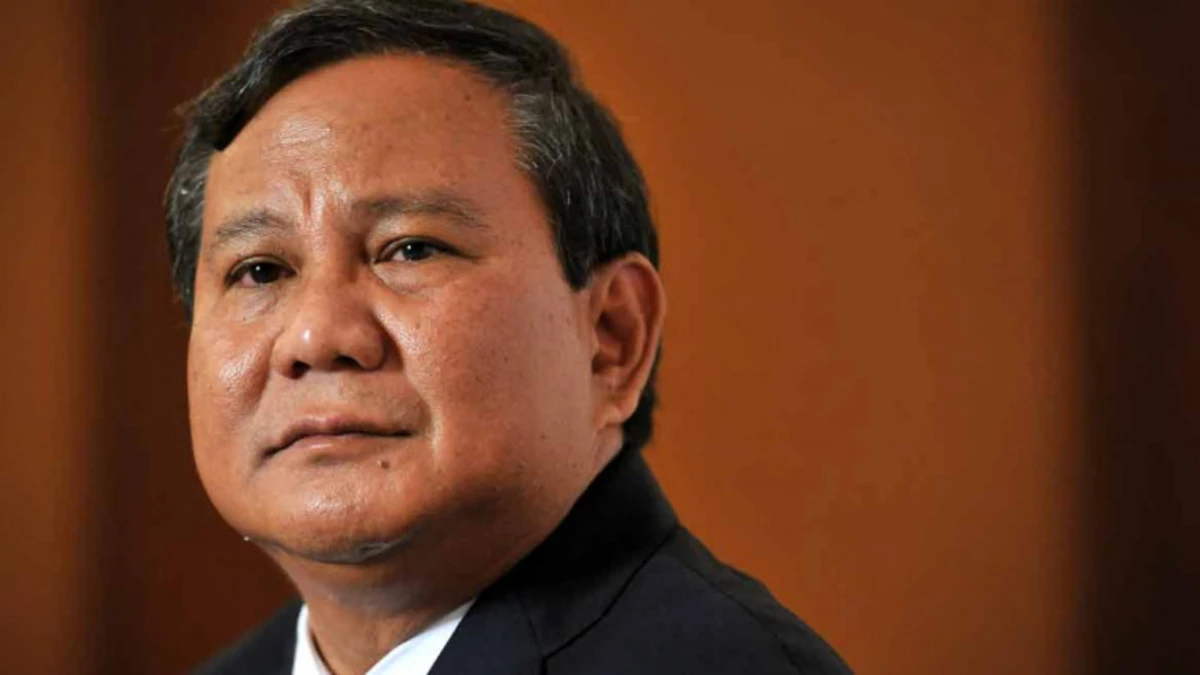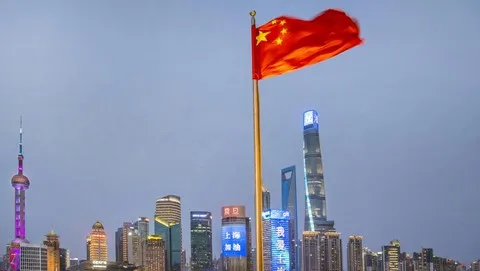jfid – Henry Kissinger, the former U.S. secretary of state and Nobel Peace Prize winner, died on Wednesday at the age of 100.
While he was hailed as a towering figure of diplomacy and a master of realpolitik, his legacy in Latin America was marked by bloodshed, repression and human rights violations.
Kissinger played a key role in the U.S. policy of supporting right-wing dictatorships in the region during the Cold War, fearing the spread of communism and the loss of U.S. influence.
He was particularly involved in the overthrow of the democratically elected socialist president of Chile, Salvador Allende, in 1973, and the subsequent backing of the military junta led by Gen. Augusto Pinochet, who ruled the country with an iron fist for 17 years.
Kissinger also endorsed the brutal tactics of the Argentine military regime that came to power in 1976, and ignored the pleas of his own State Department officials to raise concerns about the widespread torture and disappearance of dissidents.
He was part of the Operation Condor, a covert network of intelligence-sharing and assassination among the military regimes of Chile, Argentina, Brazil, Uruguay, Paraguay and Bolivia.
Kissinger’s actions in Latin America have been widely condemned by human rights groups, historians and political leaders, who accuse him of being complicit in crimes against humanity and violating the sovereignty and democracy of the countries he intervened in. Many Latin Americans consider him a war criminal and a symbol of U.S. imperialism.
“Henry Kissinger’s legacy in Latin America is a dark one, and that’s because he didn’t give a damn about human rights,” said Peter Kornbluh, a senior analyst at the National Security Archive and the author of “The Pinochet File: A Declassified Dossier on Atrocity and Accountability.”
“He believed in superpower might makes right – realpolitik. He didn’t believe in the sanctity of self-determination or sovereignty for Latin American nations or the smaller nations of the third world,” Kornbluh told NBC News.
Kissinger’s death sparked a wave of criticism and resentment from Latin American officials and activists, who remembered the suffering and trauma caused by his policies.
“A man has died whose historical brilliance never managed to conceal his profound moral wretchedness,” Chile’s ambassador to the United States, Juan Gabriel Valdes, posted on X, formerly Twitter. Chile’s leftist President Gabriel Boric then retweeted the message.
“Kissinger was an incredibly important figure in the breakdown of Chile’s constitutional order,” said the historian Gabriel Salazar.
“He provoked the downfall of [Allende’s] developmental policies, and then the installation of the neoliberal economic model which is still in place today – that’s why we associate Kissinger with Pinochet here in Chile.”
In Argentina, where an estimated 30,000 people were killed or “disappeared” by the military dictatorship, Kissinger’s name is also synonymous with horror and impunity.
“Kissinger was the main accomplice of the genocide in Argentina,” said Estela de Carlotto, the president of the Grandmothers of Plaza de Mayo, a human rights organization that seeks to find the children who were kidnapped and given away by the dictatorship.
“He gave the green light for the repression and the extermination of the opposition. He was a criminal who should have been tried and condemned,” she said.
Kissinger’s death also revived the debate about the U.S. role and responsibility in Latin America, and the need for justice and accountability for the victims of the past atrocities.
“Kissinger’s legacy is a reminder of the dark side of U.S. foreign policy, and the need to confront it honestly and critically,” said Gilberto Aranda, an international relations professor at the University of Chile.
“He represents a vision of the world that is still present in some sectors of the U.S. establishment, that sees Latin America as a backyard that can be manipulated and intervened in according to their interests,” he said.













